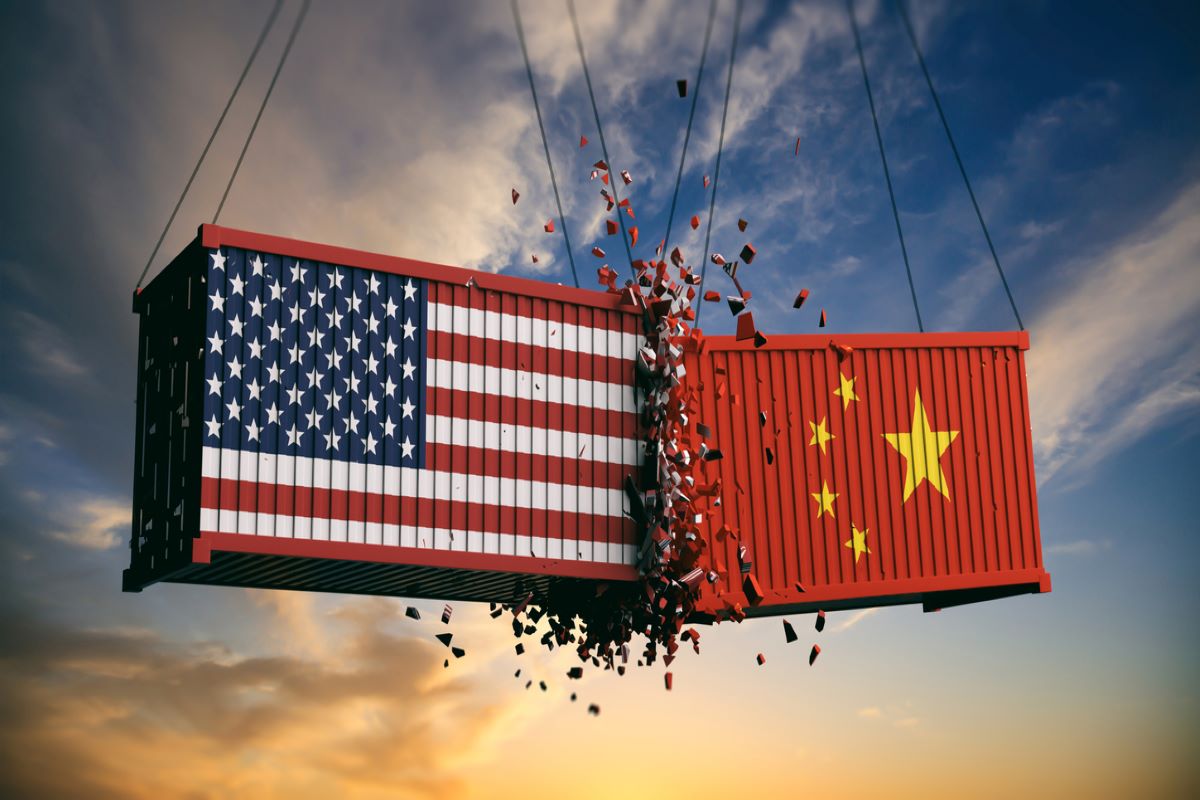President Joe Biden has tightened the economic screws on the human rights abuses in China, most hideously against the persecuted Uighurs, a minority segment in Xinjiang province.
The American President has signed a Bill into law to block imports from the region unless corporate enterprises can prove that the items were made without forced labour. On closer reflection, Mr Biden’s blockade, so to speak, is the latest in a slew of US penalties against President Xi Jinping’s China for human rights abuses. Before the Bill won its final passage in the Senate, reports had suggested that initially there was some hesitation on the part of the White House and corporate enterprises.
Advertisement
Clearly, this is the latest in the series of penalties that have been intensified since Thursday. Going by the terms of the bipartite Uighur Forced Labour Prevention Act, the United States of America will “continue to use every tool at our disposal to ensure that supply chains are free from the use of forced labour, notably from Xinjiang and other parts of China”.
Thursday’s legislation is the latest in a series of attempts by the United States to get tough with China over its alleged abuse of human rights of ethnic and religious minorities, most particularly in its western region, especially the Muslim Uighurs of Xinjiang. Arguably and in a sense, President Biden may have proceeded from conclusion to premise.
The legislation is seemingly embedded in the presumption that goods from Xinjiang are invariably made with forced labour. Business enterprises will have to prove that forced labour, including that that by workers transferred from Xinjiang, was not used in manufacturing the product before it is allowed into the United States.
The terms of US-China trade have, therefore, been redefined. Washington has alleged that China has been committing “genocide” in its treatment of the Uighurs. Rights groups and the media have been riveted to forced sterilization and large detention camps where Uighurs are allegedly forced to work in factories. China has consistently denied the charge of abuses; it claims that the repressive steps that it has taken are necessary to counter-terrorism and a separatist movement.
In its immediate reaction, the government in Beijing has condemned the move. “The measure maliciously denigrates the human rights situation in China’s Xinjiang province in disregard of fact and truth,” is the counter-blast from the foreign ministry n Beijing. “It violates international law and basic norms governing international relations and grossly interferes in China’s internal affairs. China deplores and firmly rejects this.”
The nub of the matter must be that this US-China kerfuffle is rather unlikely to change the condition of the Uighurs even a wee bit. It is the consistent persecution that must end. Towards that objective, both China and the United States must strive together. At stake is the human condition.
